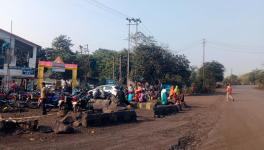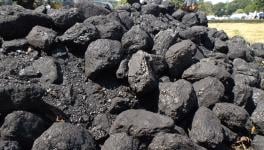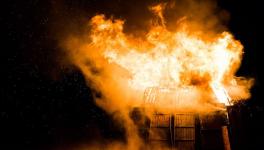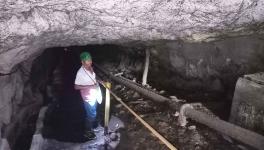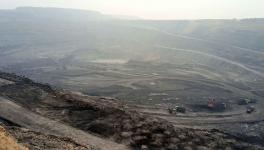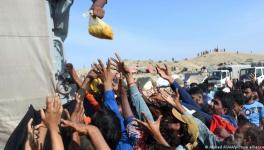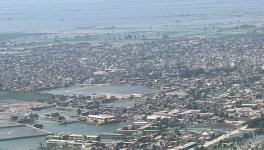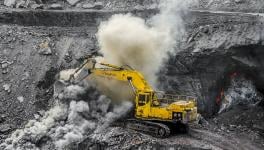Unions Rise in Protest Following 19 Deaths in Yet Another Mining Accident in Pakistan
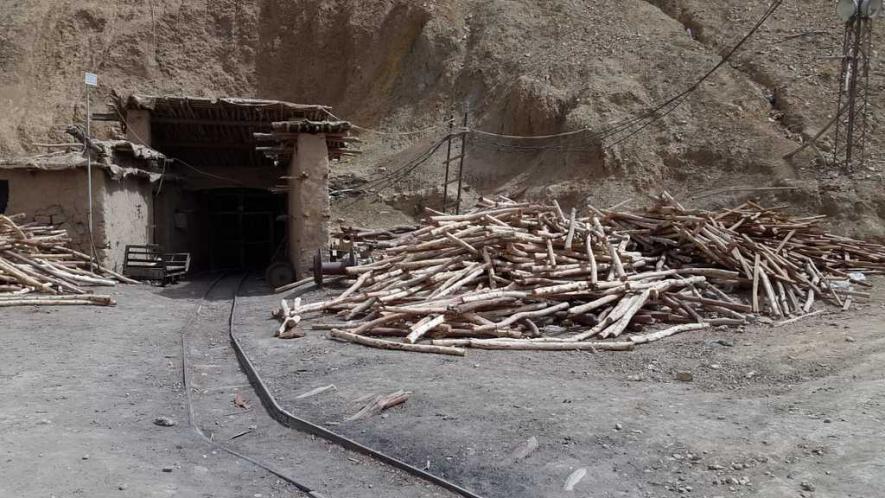
As many as 19 coal mine workers died following a gas explosion inside a coal mine in the Sanjadi area in Pakistan’s south-western city of Quetta in the Balochistan province last week. Two rescue workers, who had gone to help the trapped labourers, were also found dead.
In June, four workers were killed in a mine explosion in Sanjdi while in May, nearly 23 mine workers died in two incidents in Quetta’s Pir Ismail and Marwah areas. 21 of the dead belonged to the same family.
The Pakistan Central Mines Labour Federation estimates that between 100 and 200 labourers die on average in coal mine accidents in the country every year. The most common reasons for the accidents are methane explosions or the collapse of mines. The recent deaths are also believed to be due to the accumulation of methane inside the mine. Most of coal workers belong to the Shangla, Swat and Dir areas of Khyber Pakhtunkhwa, Chief Inspector of Mines Iftikhar Ahmad told the media.
Working Conditions
As per estimates, the nearly 400 mines in Balochistan province employ over 100,000 coal miners between the ages of 13 and 34. Only 12,000 miners are registered with the mines department of the province while all the others are unregistered as per the estimates.
Activists have pointed out that the working conditions in the mines are very poor and that miners work in almost inhuman conditions for 16-18 hours a day for merely $10 a week.
Coal mining is also believed to be more hazardous than hard rock mining due to the nature of the rock strata, leakage or explosion of poisonous gases and coal dust, collapsing of mine stopes (open spaces from which the ore is extracted) and mechanical errors from improper use and malfunctioning of mining equipment.
“Poor working conditions inside coal mines in Balochistan kill miners on an almost daily basis in Harnai, Sowrange, Dukki, Mach, Chamalang and other parts of the province. Often, the death count goes unreported,” the Pakistan Central Mines Labour Federation, in a statement, noted.
“Many workers die before even reaching the age of 30 from various illnesses caused by their work, with tuberculosis being the most common. Others die soon after quitting their jobs,” the General Secretary of Federation, Sultan Mohammad Khan, said.
Many social activists stress that workers are not provided with any safety gear. They are not allowed unionize either – there is not a single union for these workers in the whole region. “These miners are forced to work in precarious conditions to earn their living,” Sultan added.
Protesting the latest fatal incidents in Balochistan, the Pakistan Central Mines Labour Federation demanded proper protection for workers and suggested a variety of safety measures.
The federation demanded that “immediate efforts be made for the recovery of dead bodies of coal miners from the mines.” It said that those found guilty of negligence should be punished. It also demanded the implementation of the Mines Act/Safety Act and the ratification of ILO Convention-176 with immediate effect, and sought a survey of coal miners in Pakistan and the provision of training for them.
The federation has called for a ‘Black Day’ on September 23 in protest against the incident.
Get the latest reports & analysis with people's perspective on Protests, movements & deep analytical videos, discussions of the current affairs in your Telegram app. Subscribe to NewsClick's Telegram channel & get Real-Time updates on stories, as they get published on our website.









